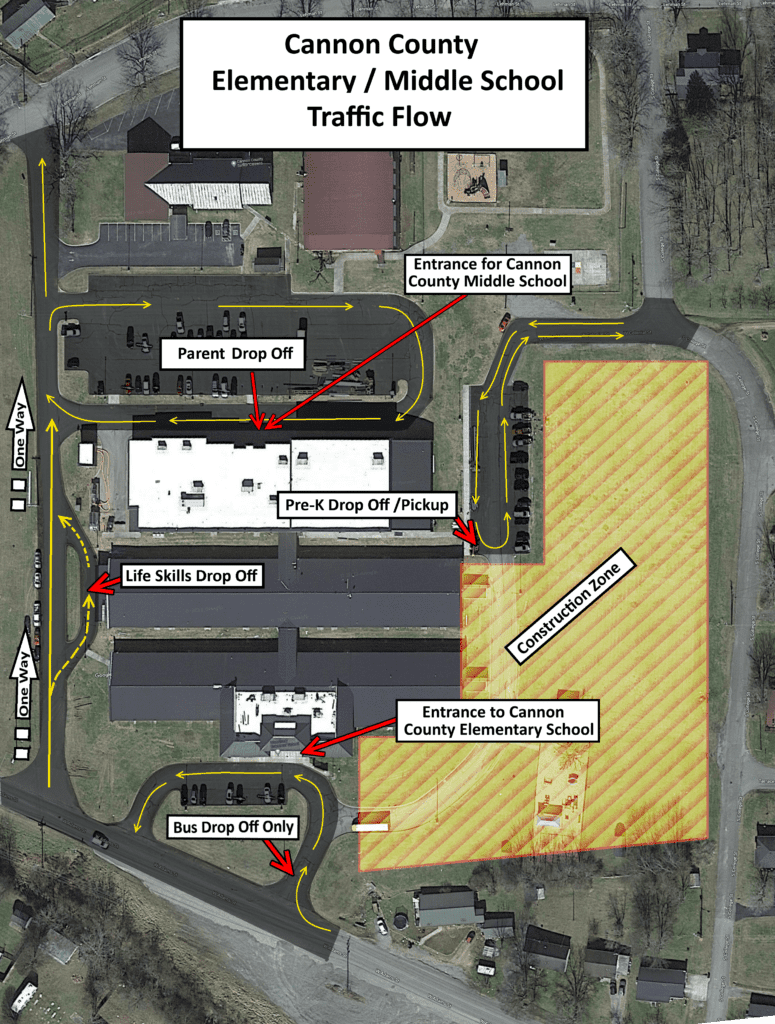Providing a safe and supportive learning environment where students are able to focus on skills needed for a successful future is the top priority of the Cannon County School district. Bullying and internet safety prevention are part of Cannon County Schools’ School-Wide Positive Behavior Support program. The school system has developed the following strategy statement regarding bullying behaviors:
“We recognize bullying as the deliberate use of any word, look, sign, or act that hurts a person’s body, feelings, or things. We also recognize bullying as a type of violence that occurs when someone uses his or her power unfairly and repeatedly to hurt someone else.”
To make our school violence-free and safe from bullying, we pledge
· not to tolerate bullying
· to intervene in incidents of bullying and strictly enforce rules against bullying
· to empower students to report bullying behavior and to treat one another with respect.
As a part of the Bullying Prevention Program, students as well as all staff, participate in lessons designed to help him/her
· define bullying and understand what behaviors are considered bullying
· understand the effect of bullying behaviors and develop empathy for targeted students
· learn ways to respond to bullying behavior
· learn when and how to report bullying
· learn the consequences the school has established for engaging in bullying behavior
The overall goal of the Bullying Prevention program is to empower students to report bullying behaviors and to give school staff the tools to recognize, intervene, and issue consequences for bullying behaviors they witness or hear about from students. Students who bully receive appropriate consequences to help them realize that bullying behavior isn’t appropriate and won’t be tolerated at school.
Additionally, all students participate in lessons concerning internet safety. Parents may also continue this conversation by using the “NetSmartz® Workshop” which may be found on the Cannon County School District’s homepage or “Stop Bullying.gov”. “NetSmartz Workshop” is an interactive, educational program of the National Center for Missing & Exploited Children® (NCMEC) that provides age-appropriate resources to help teach children how to be safer on- and offline. The program is designed for children ages 5-17, parents and guardians, educators, and law enforcement. With resources such as videos, games, activity cards, and presentations, NetSmartz entertains while it educates provides information to parents on how to keep students cyber-safe. You may access this information at www.ccstn.net under “Departments-Coordinated School Health- Bullying Prevention”.
Cannon County Schools also encourage the public to use the SafeTN platform which is a secure open-door platform where anyone can send in timps and access useful resources to help keep your school and community safe. SafeTN is a secure, open door communications platform. The anonymous reporting system allows students, faculty, parents, and the public to easily and confidentially report their concerns to help prevent violence in our schools and our communities. Tips can be submitted 24/7 through the mobile app from any compatible device. The Tennessee Department of Safety and Homeland Security will review, assess, and then send all submissions to law enforcement, mental health crisis response teams, and/or school administrators for intervention based on the information received.
With SafeTN, you can anonymously report suspicious or criminal behavior and other safety concerns. You can do this by reporting observed threats, behaviors, or actions. Here is an example of some of the common behaviors and incidents to report:
• Assault
• Sexual misconduct
• Bragging about an upcoming planned attack
• Violence or planned violence
• Physical injury or harm to self or others
• Threats of violence
SafeTN is free. Students, staff, parents, and the community need only to download the free mobile app on a compatible device. You can find more information by visiting our district webpage.
For questions regarding the Bullying Prevention program and how it is implemented, parents may contact their child’s school principal or school counselor.







